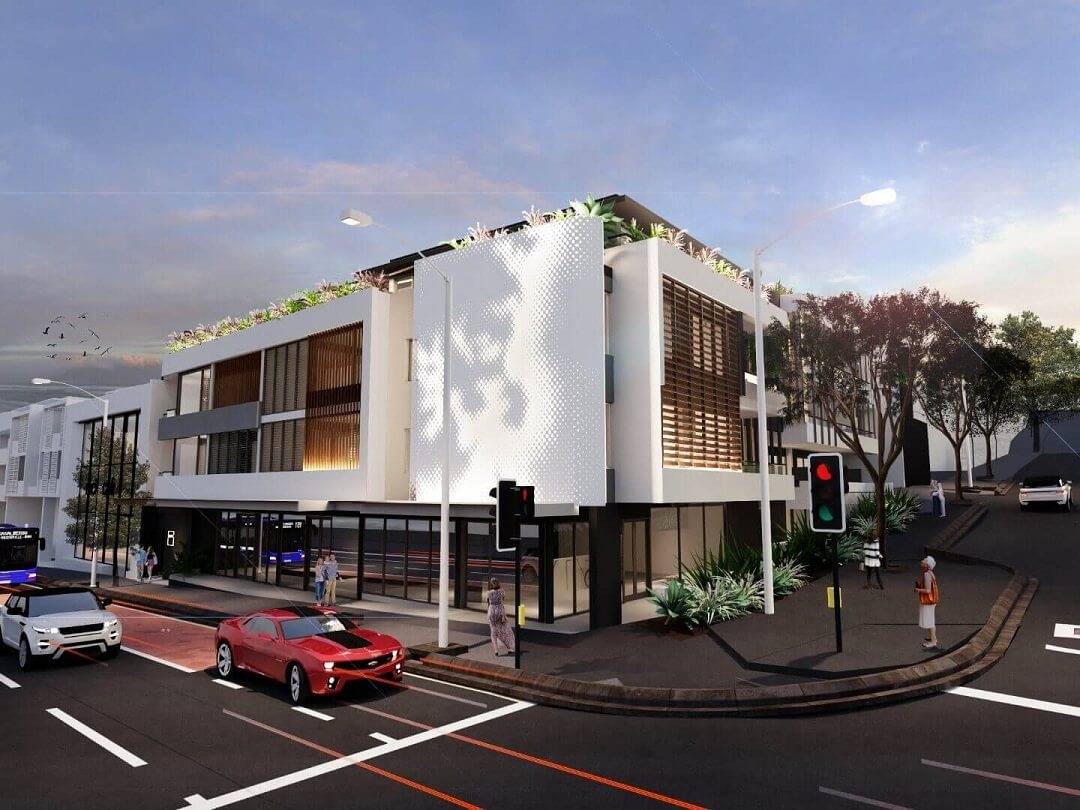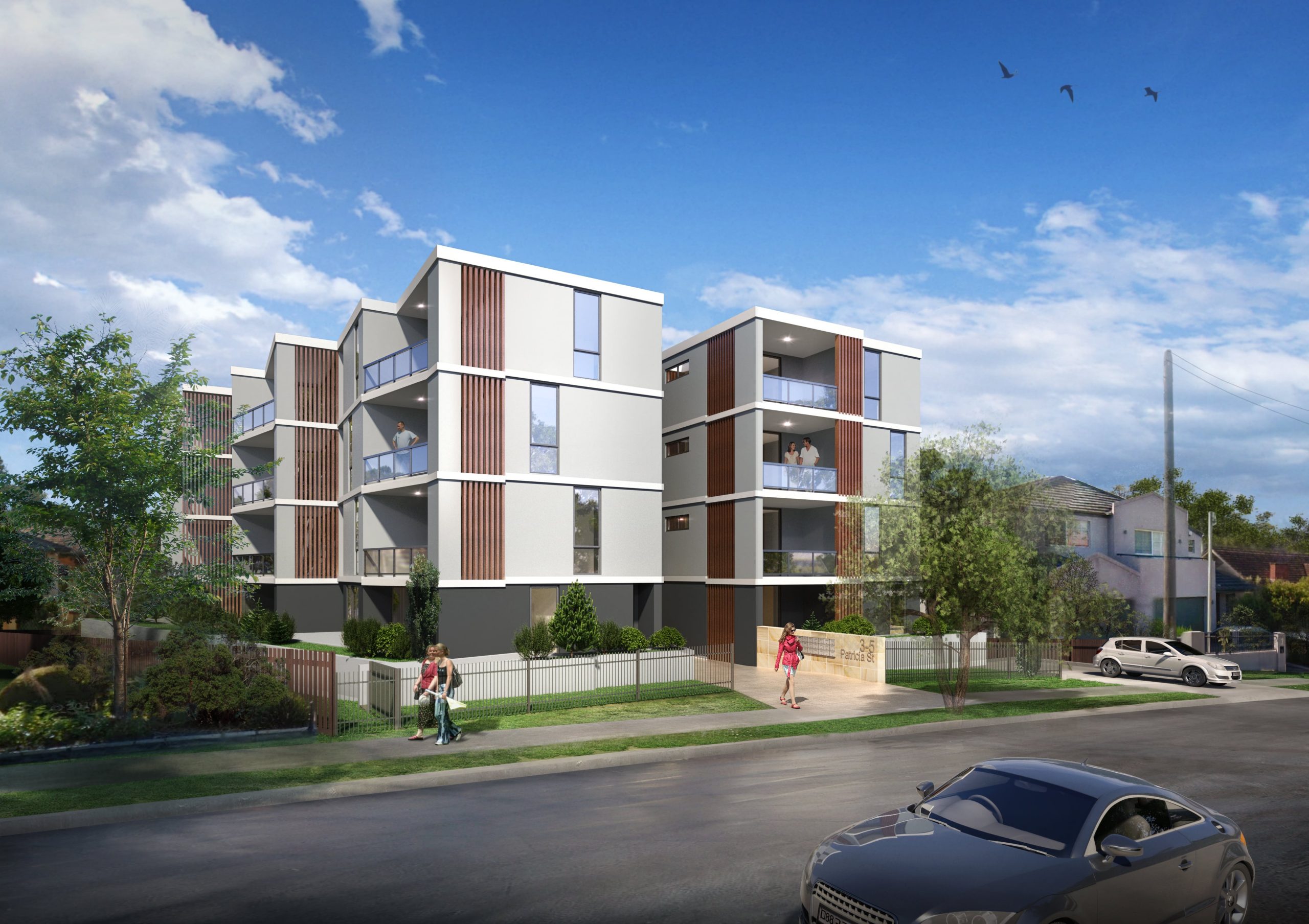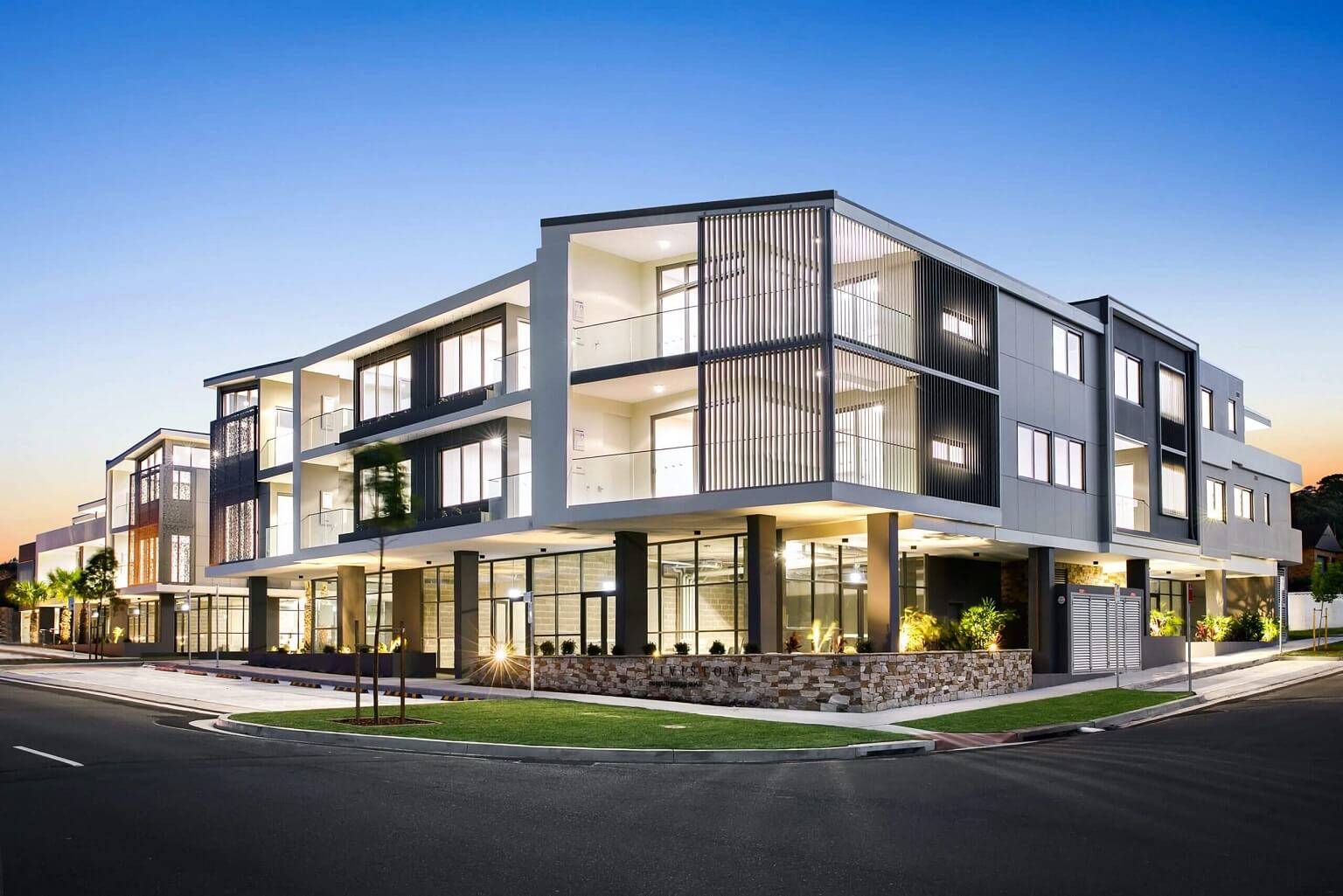Sustainability in Property Development
12/04/2017
Sustainable development is widely defined as meeting the needs of the present population without compromising the ability of future generations to meet their own needs.
Sustainable property development grows in Sydney as result of a more occupied city and the need to meet the demands of a rising population, the concern for sustainable development is becoming more and more abundant.
By encouraging smart practices to improve sustainable efforts, it is important for property development projects to engage in small moves for large results.
Ways that property developers can do this include:
Energy & Carbon Efficiency
Combating energy use and carbon emission is a leading global issue in the environment. In the recent Paris Agreements, it was decided that involved governments, including Australia, must improve their efforts and actions to address this concern and reduce emissions.
Ways businesses can do this include devising an energy plan before the commencement of the project to determine what elements will produce the most energy and how/where to reduce this; and monitoring and handling energy use or carbon emissions, avoiding where possible. Using renewable energy is also a way developers can tackle this issue, such as solar, wind and water.
Waste Management
Building and construction waste is highly generated on job sites- from the initial phase of demolition (if required) to post-development. Sustainably handling the disposal of waste has many environmental benefits. Efficient waste management can include using recycling construction waste and therefore less waste sent to landfill; reusing construction waste where possible and therefore minimising consumption and waste.
Responsible Use of Resources
Resources on a development site vary from materials to machinery and everything in between. Many resources are utilised in each phase, which means that extra attentiveness must be given to responsibly handle the many elements. Examples may include water supply and capturing rain/storm water; and using sustainable building materials such as recycled resources and locally-sourced resources.
Stakeholder Engagement
People with vested interests in a property development projects may include builders, contractors, suppliers, labourers, the community and the list goes on. By adopting environmentally-friendly practices, stakeholders are willingly taking part in the procedure and also contributing to it. In the after phase, users of the development type, whether it be residential tenants or commercial leasers, are enjoying a sustainably-developed project. By building environmental awareness, the community is further educated on the need and importance of sustainability.
For more information on our projects, contact us at reception@citegroup.com.au




